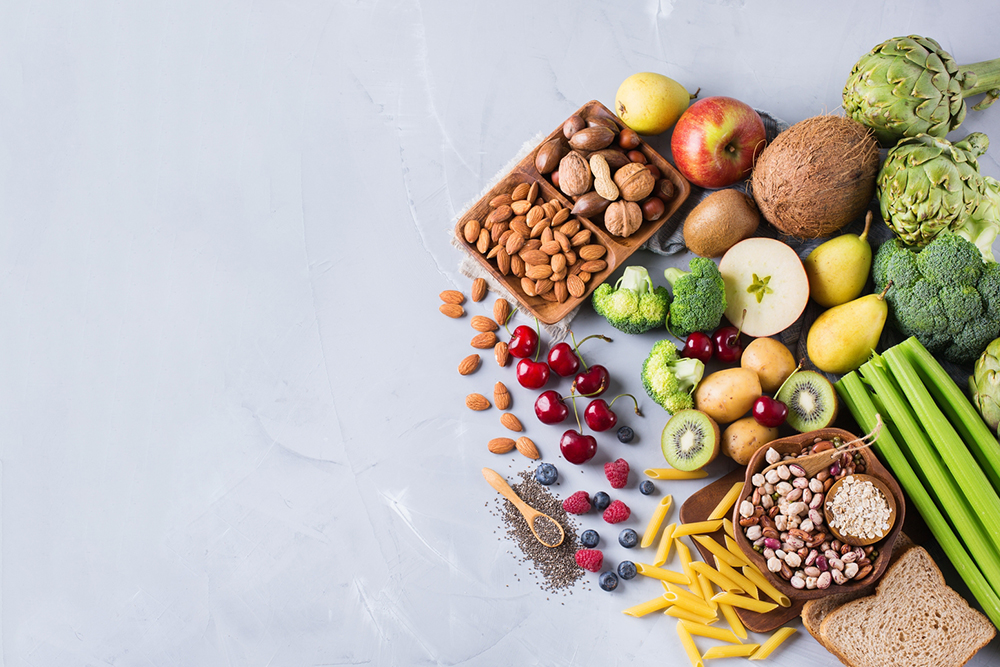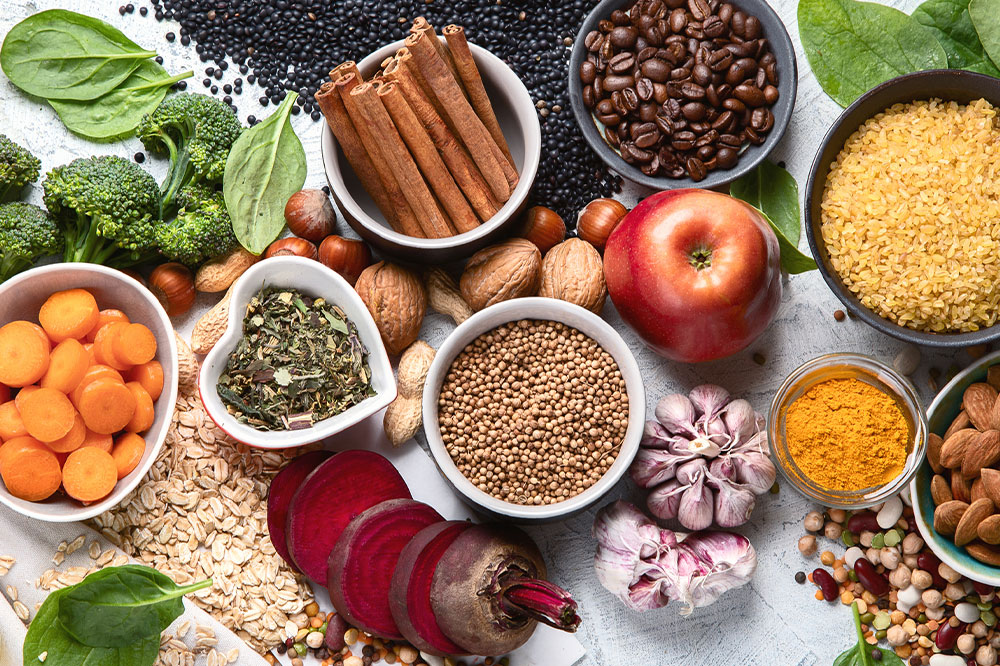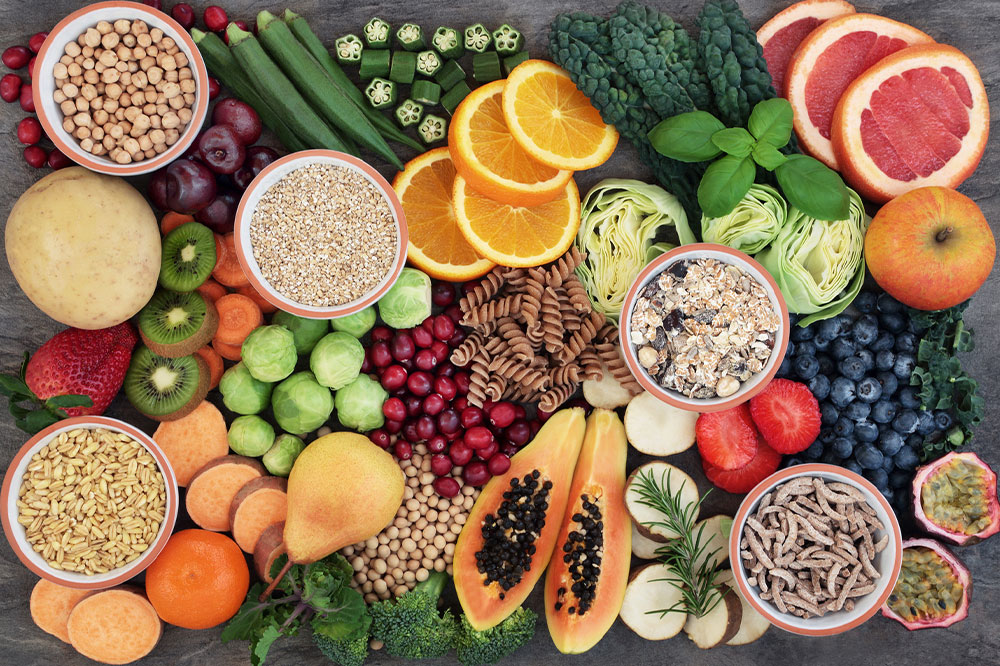Top Nutritional Tips to Support an Anti-Inflammatory Lifestyle
Discover effective dietary strategies to help manage inflammation naturally. This guide highlights nutrient-rich foods, foods to avoid, and lifestyle tips vital for reducing inflammation and promoting better health. Incorporate antioxidant-rich produce, healthy fats like omega-3s, and anti-inflammatory spices such as ginger and turmeric. Limit processed foods, trans-fats, and excess sugars to optimize your well-being. Combining these dietary practices with lifestyle adjustments can significantly decrease inflammation symptoms and enhance overall health in a sustainable way.

Top Nutritional Tips to Support an Anti-Inflammatory Lifestyle
Chronic inflammation is linked to numerous health issues, manifesting through symptoms like swelling, redness, heat, and restricted movement. It can result from injuries, infections, or immune system responses. External factors like burns, injuries, or irritants, as well as internal causes such as infections, allergies, stress, or exposure to toxins and alcohol, contribute to inflammation. Managing inflammation involves lifestyle adjustments, home remedies, and dietary choices. Following an anti-inflammatory eating plan can significantly reduce symptoms and improve overall health. Knowing which foods to include and avoid is crucial for effective management.
Adopting an anti-inflammatory diet involves consuming nutrient-rich foods like vegetables, fruits, omega-3 sources, and whole grains. It also emphasizes avoiding processed foods, trans-fats, and excess sugars. Incorporating antioxidants from garlic, onions, broccoli, cabbage, and mustard greens helps combat inflammation naturally. Limiting saturated fats, especially from red meats, and using healthy oils such as extra virgin olive oil are vital steps. Foods high in omega-3 fatty acids, including fatty fish like salmon and sardines, play a significant role. Additionally, spices like ginger and turmeric can boost immune response and reduce inflammation. These dietary changes, combined with a balanced lifestyle, support long-term health benefits.
Dietary Fiber
Fiber supports digestion and provides anti-inflammatory phytonutrients found in grains like oats, barley, vegetables including onions, eggplant, okra, and fruits such as bananas and blueberries.
Avoid Trans-Fats
Processed and canned foods often contain trans-fats, which elevate c-reactive protein levels, triggering inflammation. Preparing meals at home can help reduce intake.
Reduce Sugars
Excessive refined sugars and artificial sweeteners raise insulin resistance and may increase the risk of diabetes and related complications, including high uric acid and blood pressure. Limiting high fructose corn syrup is beneficial.
Foods Rich in Antioxidants
Components like garlic, scallions, and cruciferous vegetables such as broccoli and cabbage help reduce inflammation owing to their antioxidant properties.
Calorie Management
Moderation in food intake, especially red meats and saturated fats, helps prevent weight gain and reduces heart disease risk, supporting an anti-inflammatory state.
Healthy Cooking Oils
Switching to extra virgin olive oil for cooking provides anti-inflammatory benefits and supports overall health.
Omega-3 Fatty Acids
Incorporate flax seeds, walnuts, beans, and fatty fish like salmon, mackerel, and sardines to enhance anti-inflammatory effects.
Ginger & Turmeric
These spices boost immune function and contain compounds that fight inflammation, making them powerful additions to your diet.
Along with dietary adjustments, lifestyle changes such as proper cooking methods and stress management are essential. Always consult healthcare professionals for personalized guidance.










